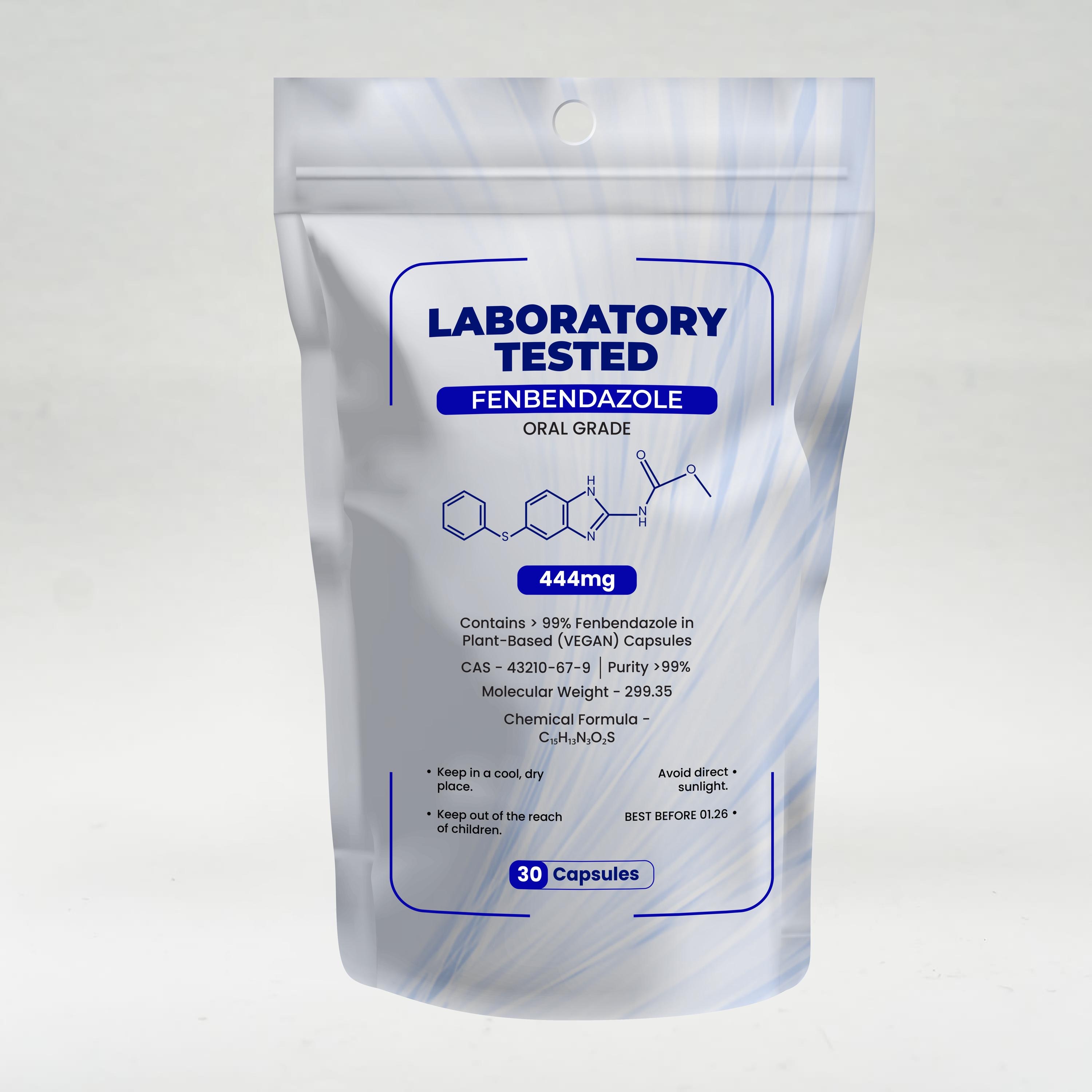How fenbendazole capsules Help in Controlling Common Parasitic Infections in Pets
Wiki Article
Understanding the Conveniences and Uses of Fenbendazole in Vet Medicine
Fenbendazole has developed itself as a key anthelmintic in veterinary medication. Its capability to target different parasitic infections makes it a beneficial device for veterinarians. The medicine's device disrupts crucial cellular procedures in parasites, leading to effective treatment end results. Nonetheless, its safety and security account ranges types, necessitating cautious factor to consider in its use. Understanding these dynamics can clarify fenbendazole's broader ramifications in veterinary care and recurring study into its possible past standard applicationsSystem of Action of Fenbendazole

Usual Parasitical Infections Dealt With With Fenbendazole
A range of parasitical infections are properly treated with fenbendazole, making it a versatile choice in vet medicine. This anthelmintic agent is especially efficient versus nematodes, including roundworms and hookworms, which commonly impact pets and cats. It is likewise used for the therapy of cestodes, such as tapeworms, offering a wide range of activity against both kinds of digestive tract bloodsuckers. Additionally, fenbendazole is helpful in handling infections created by protozoa, particularly Giardia, which can lead to intestinal distress in pets. Its efficacy encompasses dealing with certain lungworms in dogs and felines, addressing breathing wellness issues linked to these parasites. Overall, fenbendazole's capability to target numerous parasitical varieties makes it a beneficial device in veterinary technique, ensuring the wellness and health of animals influenced by these usual infections.Safety and security and Effectiveness in Various Pet Species
The security and efficacy of fenbendazole differ amongst different animal varieties, emphasizing the importance of species-specific considerations in veterinary medicine. In canines, fenbendazole is usually well-tolerated and reliable against an array of gastrointestinal bloodsuckers, including roundworms and hookworms. For felines, nonetheless, its use is much less common and might require cautious application because of prospective unfavorable reactions.In livestock, such as livestock and sheep, fenbendazole demonstrates effectiveness versus different endoparasites, adding to enhanced wellness and performance. Nonetheless, the pharmacokinetics and prospective negative effects can differ noticeably between species, demanding mindful assessment by veterinarians.
Equines also react positively to fenbendazole, especially for dealing with strongyles and ascarids, though dosage and management routes must be customized to their special physiology. Comprehending these differences is essential for enhancing treatment end results and ensuring animal well-being across diverse types.
Management and Dose Guidelines
Correct administration and dosage guidelines are vital for maximizing the healing effects of fenbendazole while minimizing prospective adverse effects. The dose generally varies depending on the types being dealt with, the particular condition, and the solution of fenbendazole made use of. fenbendazole capsules. For the original source pets and cats, a common dosage is 50 mg/kg body weight, administered daily for 3 successive days, however veterinarians might change this based upon individual wellness analysesIt is essential to carry out fenbendazole with food to enhance absorption and reduce intestinal trouble. The medicine is readily available in various forms, including granules and paste, permitting adaptable management options. Keeping track of the pet's feedback throughout and after treatment is advisable to confirm efficiency and safety and security. Additionally, veterinary support is vital to establish the appropriate duration of treatment based upon the kind of parasitical infection being attended to, guaranteeing ideal results for the pet's health and wellness.
Future Point Of Views and Study on Fenbendazole
Research on fenbendazole proceeds to advance, concentrating on its prospective applications beyond standard antiparasitic uses. Recent studies have discovered its effectiveness in dealing with numerous forms of cancer, specifically in veterinary oncology. Initial data recommend that fenbendazole might prevent the growth of tumor cells and boost the impacts of various other chemotherapeutic representatives.Moreover, scientists are exploring its role in taking care of food poisonings in pets, highlighting its anti-inflammatory properties. The flexibility of fenbendazole for various species questions concerning its safety accounts and excellent application programs in varied populaces.
As interest grows, there is a demand for extensive clinical tests to establish evidence-based standards for these novel applications. Future research might also explore the systems behind fenbendazole's results, potentially leading the way for cutting-edge restorative approaches in vet medicine. The recurring exploration of fenbendazole might considerably improve therapy alternatives for different vet problems.

Frequently Asked Concerns
Is Fenbendazole Safe for Pregnant Animals?
The safety and security of fenbendazole for read the full info here expecting animals continues to be unpredictable. While some research studies suggest marginal danger, vets commonly recommend caution and usually discourage its use while pregnant unless the advantages clearly surpass potential risks.Can Fenbendazole Be Made Use Of in Livestock?
Fenbendazole is typically utilized in livestock to treat different parasitic infections. fenbendazole capsules. Its effectiveness against intestinal worms makes it a useful anthelmintic, contributing to boosted wellness and efficiency in pets raised for food and fiberWhat Are the Negative Effects of Fenbendazole?

The adverse effects of fenbendazole might include gastrointestinal disturbances, lethargy, and sensitive reactions. In visit their website rare cases, a lot more extreme responses could occur, necessitating cautious monitoring and appointment with a vet throughout therapy.
How Does Fenbendazole Contrast to Various Other Dewormers?
Fenbendazole supplies broad-spectrum efficacy against numerous bloodsuckers, often contrasting positively to various other dewormers. Its one-of-a-kind mechanism targets different life phases, making it efficient, while usually presenting a desirable safety and security profile contrasted to alternatives offered on the marketplace.Can Fenbendazole Be Used for Treating Cancer Cells in Animals?
The potential of fenbendazole in dealing with cancer cells in pets has actually amassed rate of interest. Initial researches suggest it might hinder cancer cell development, but better research study is required to verify its efficiency and security in veterinary oncology.Report this wiki page